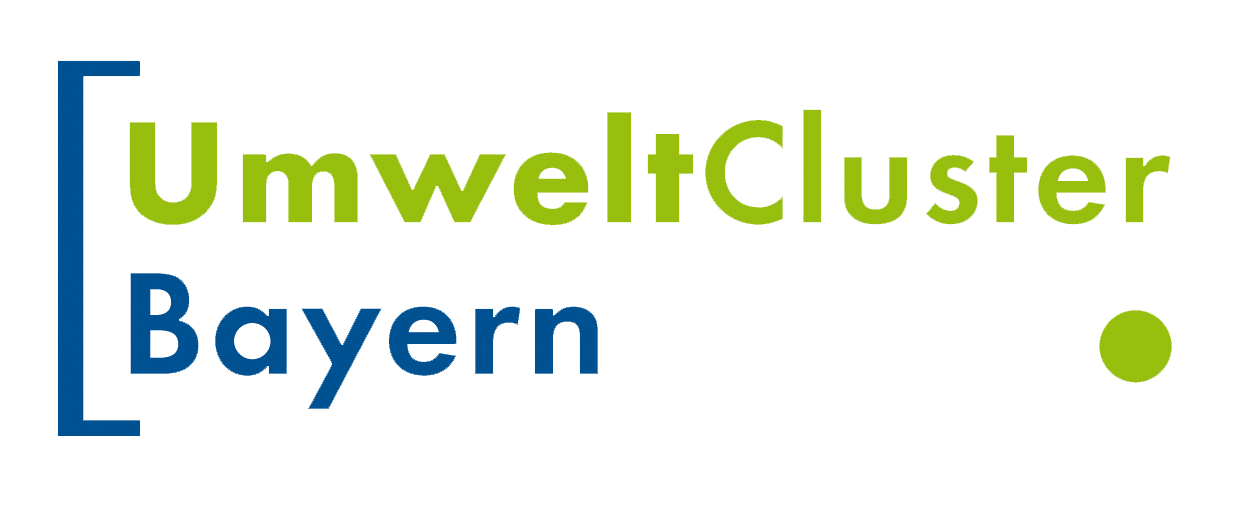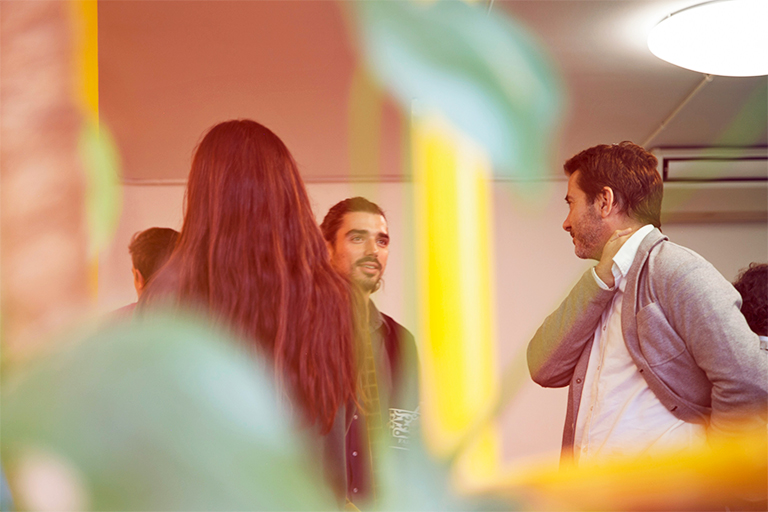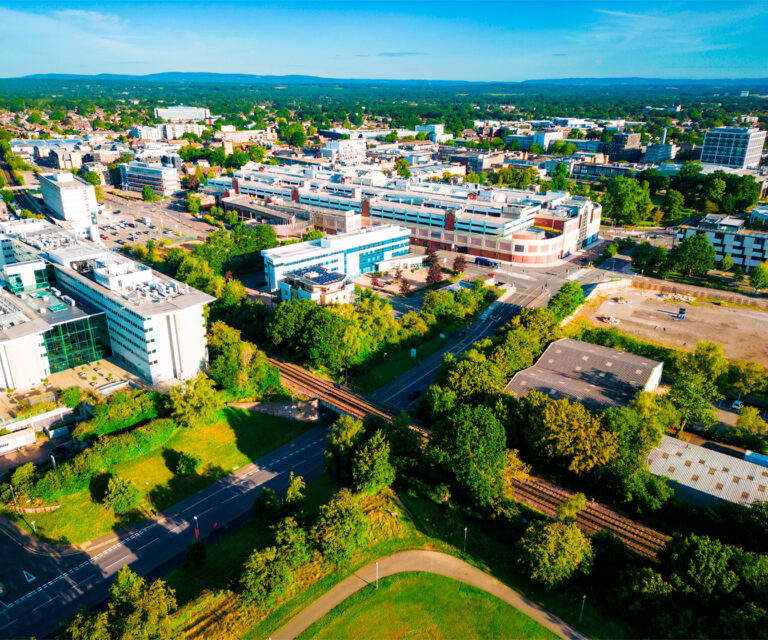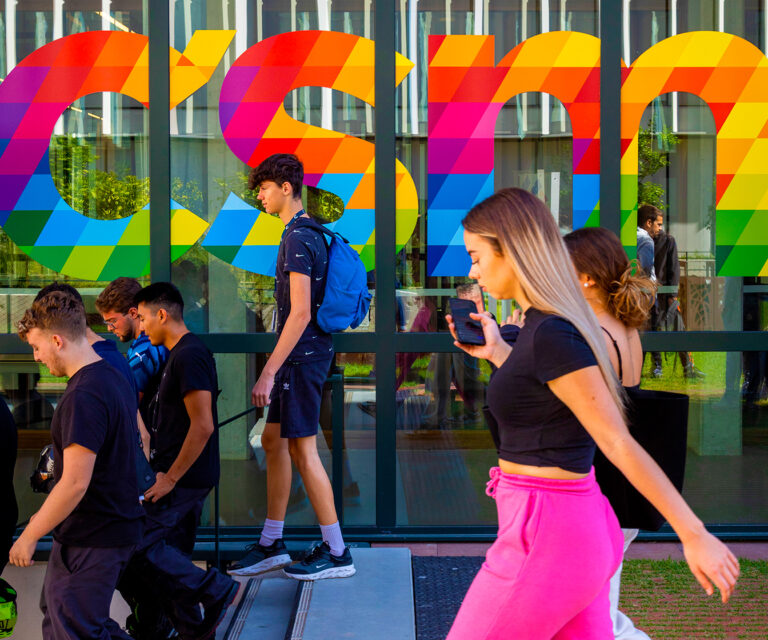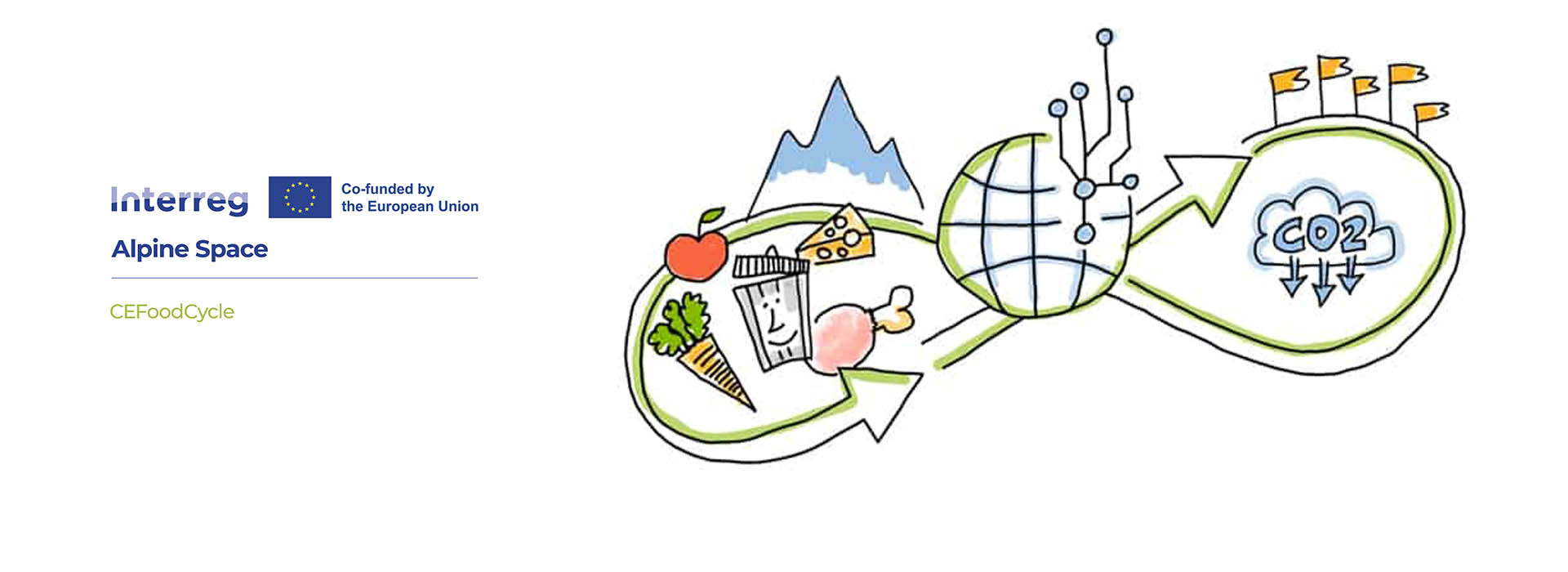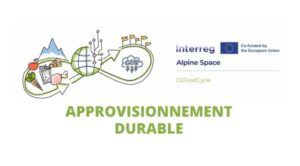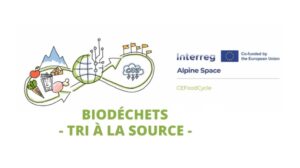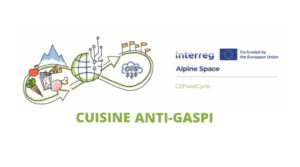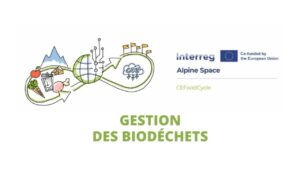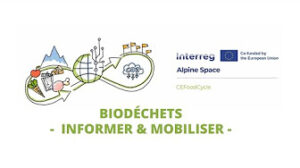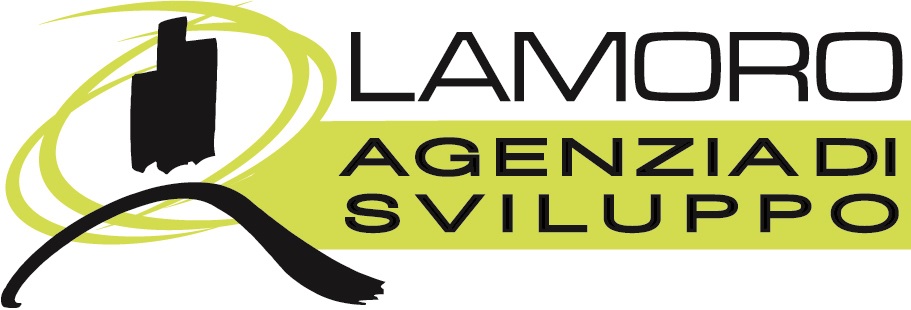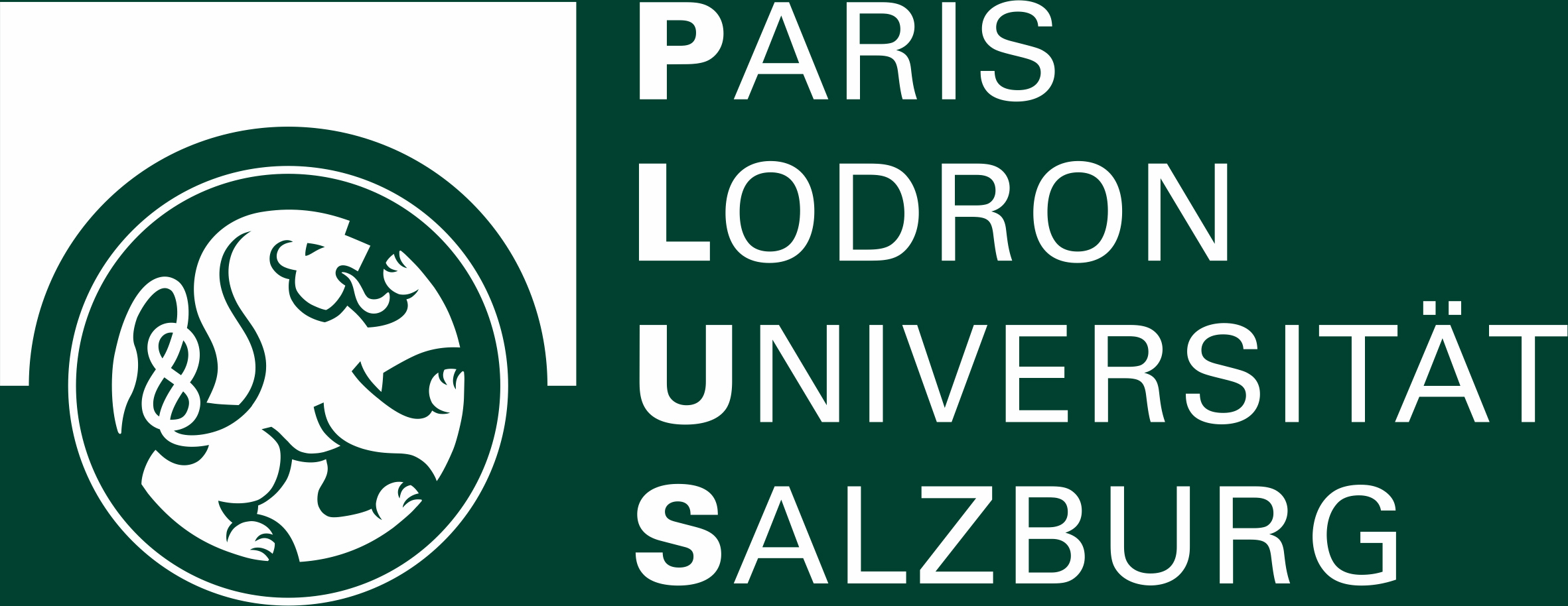This hub is part of the European CE FOOD CYCLE project, which aims to accelerate the transition to a circular economy in the catering and hospitality sector. Its objective is to support professionals in reducing food waste and recovering bio-waste through concrete solutions adapted to local specificities. This hub provides resources, tools and key data to help restaurateurs, hotels and cafes adopt more sustainable practices. It centralizes best practices, offers guides and promotes local initiatives in order to reduce the environmental impact of the sector while responding to regulatory challenges.
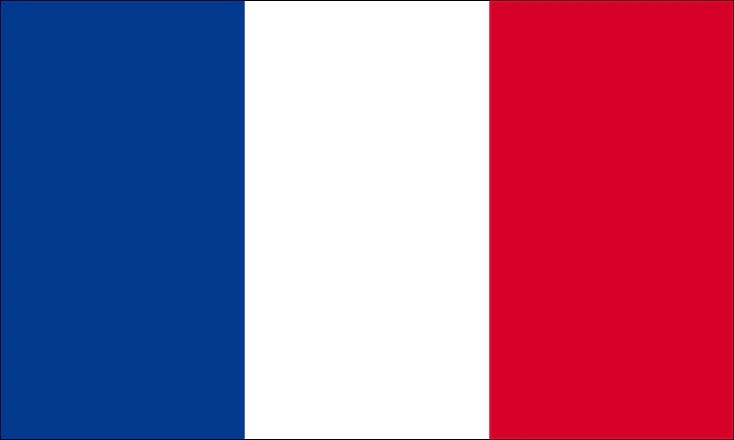

Discover the survey results from café, hotel, and restaurant establishments in the Alpes-Maritimes region regarding their production and management of bio-waste.
Survey of cafe-hotel-restaurant (chr) establishments in the alpes-maritimes region on their production and management of bio-waste.

Anti-gaspi: the right gestures to have
Discover a microlearning course in 5 ultra-short videos (2 to 3 min), with industry professionals sharing their testimonials, feedback and best practices ↓
Concrete, local and easy-to-implement ideas
Resources
Maud Tribaudeau, discover the services of Tripluch
As part of the CEFoodCycle Alpine cooperation project, aimed at optimising bio-waste in the food sector, a Circular Food Prize was awarded to 1 virtuous practice in each of the 5 partner countries (France, Italy, Slovenia, Austria and Germany).
Through the testimonial of Maud Tribaudeau, discover the services of Tripluch, a tool that makes on-site composting possible and accessible for businesses, in conjunction with composting masters and guides, in the context of the new regulations in force since 1 January 2024 (AGEC Law). For more information, visit www.tripluch.fr/
Survey of cafés, hotels and restaurants (CHR) in the Alpes-Maritimes
The aim of the survey of cafés, hotels and restaurants (CHR) in the Alpes-Maritimes between 26 February and 15 March 2024 is to analyse the production and management of bio-waste in this sector. It covers a representative sample of 541 establishments, including cafés, restaurants and hotels, broken down by geographical location and type of activity. The results show that the average production of biowaste varies according to the size, activity and location of the establishments. The survey also reveals the efforts made to reduce bio-waste, as well as the difficulties encountered, notably the lack of infrastructure and specific solutions. These data make it possible to assess the overall potential for bio-waste production in the region, and to identify areas for improvement in the management of this waste.
All the results of the survey can be found below.
Blueprint for an emerging sustainable circular future in the food sector
This brochure is written with the intent to convey key insights into strategies to minimise food waste and to understand the key stakeholders in the food value stream in the participating countries.
Based on a desk research phase between January and November 2023, some key figures are presented regarding the food market structure in the Alpine Region.
Furthermore, best practices of companies that use food waste as a ressource are presented and circular food hubs shortly introduced. View the key figures
Adapting Agri-food Data for environmental footprinting in regional contexts in the Alpine region – AGRICULTURE
This report is written as part of the project CE FOOD CYCLE (2024) and therefore focuses especially on the Alpine regions in Austria, France, Germany, Italy and Slovenia.
The Alpine Space region is a complex economic area with agroecosystems providing a large amount of ecosystem services.
To assess the different practices and contexts within agricultural systems, relevant for environmental footprinting, a comparison of national and regional data was conducted as part of the project CE FOOD CYCLE.
Further data as regards the value chain structure in the five Alpine Space regions and food initiatives/regulations can be found in our report. View the key figures
Adapting Agri-food Data for environmental footprinting in regional contexts in the Alpine region – PROCESSING TO RETAIL
This report is written as part of the project CE FOOD CYCLE (2024) and therefore focuses especially on the Alpine regions in Austria, France, Germany, Italy and Slovenia.
The Alpine Space region is a complex economic area with agroecosystems providing a large amount of ecosystem services.
To assess the different practices and contexts within agricultural systems, relevant for environmental footprinting, a comparison of national and regional data was conducted as part of the project CE FOOD CYCLE.
Further data as regards the value chain structure in the five Alpine Space regions and food initiatives/regulations can be found in our report. View the key figures
AI & Bio-Waste Management Podcast
Interview with Laurent Londeix, Co-Chair of the Digital Commission at the CCI Nice Côte d’Azur, and Maud Tribaudeau, Co-Founder of the tripluch solution, on digital transition in bio-waste management for businesses in the Alpes-Maritimes region leveraging AI. European project CE Food Cycle. »
Mapping and Economic Data: Daily Production of Bio-Waste in the Café, Hotel, and Restaurant Sector in the Alpes-Maritimes
Explore the datavisualization of daily bio-waste production in the Café, Hotel, and Restaurant sector of the Alpes-Maritimes by browsing through the indicators provided by the SIRIUS Economic Observatory – View the key figures.
Survey on the production and management of bio-waste from cafes, hotels and restaurants in the Alpes-Maritimes
Discover the results of the survey on the production and management of bio-waste in café, hotel, and restaurant establishments in the Alpes-Maritimes. View the key figures.
Project Overview
To combat food waste, for example in the hotel and restaurant sector, there is great potential for resources related to food overproduction or packaging.
The overall objective is the establishment of circular economy poles in the food sector in the five pilot alpine regions in order to identify potential for reducing food waste and CO2.
The actors involved benefit from a transfer of know-how, networking and the use of an intelligent digital decision support system based on life cycle assessment indicators.
The activities are aimed at stakeholders directly and indirectly involved in food cycles, such as manufacturing companies, commercial companies, the hotel industry, etc.
The circular economy is developing in several areas :
- Sustainable procurement : taking into account the environmental and social impacts of the resources used, in particular those associated with their extraction and exploitation.
- Ecodesign : taking into account environmental impacts throughout the life cycle of a product and integrating them from the design stage.
- Industrial and territorial ecology : put in synergy and pool between several economic actors the flows of materials, energy, water, infrastructure, goods or services in order to optimize the use of resources in a territory.
- The economy of functionality : favor use over possession, sell a service rather than a good.
- Responsible consumption : taking into account the environmental and social impacts at all stages of the product life cycle in purchasing choices, whether the buyer is public or private.
Lengthening the period of use of the products by resorting to repair, sale or purchase of second-hand goods, by donation, in the context of re-employment and reuse.
The project will enable the various stakeholders to take into account resource and CO2 savings and strengthen sustainable and circular economic competitiveness in the Alps.
Project Duration : 2022 – 2025
Biowaste
Every day, we throw away an impressive quantity of bio-waste without thinking, even though it is rich in potential. What if this waste became a valuable resource rather than a burden? With regulations now requiring their sorting at source, it is time to understand what biowaste really is, how it can be recovered and why its management is essential for the environment. Composting, methanization, fight against food waste…
Discover the challenges and solutions to better manage this everyday waste!
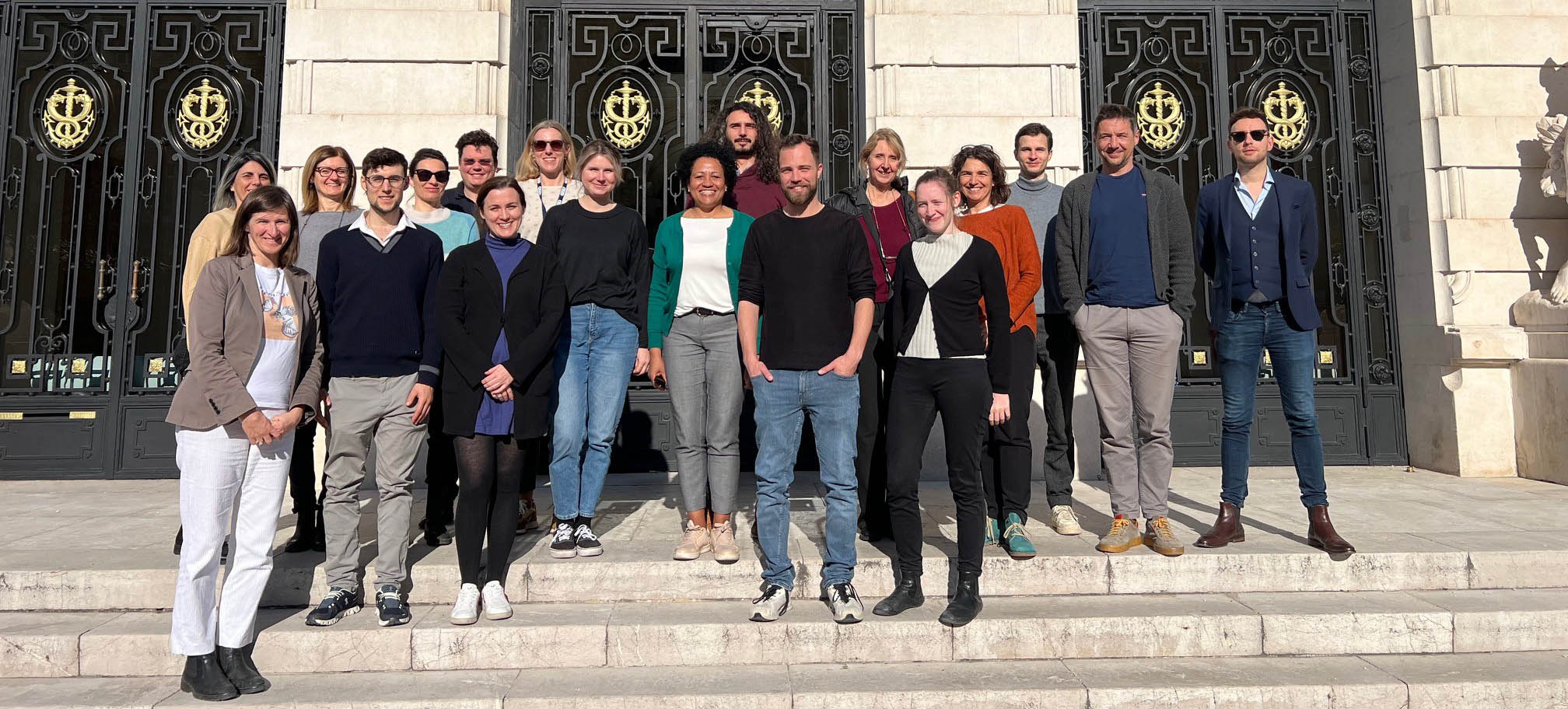
European partners
CEFoodCycle brings together 11 partners covering five EU alpine regions: Austria, France, Germany, Italy and Slovenia.
All partners are experienced in participating in EU-funded projects. The consortium is composed of competent partners in the fields of circular economy, LCA measurement, digitization and AI tools for the food industry in general and the development of new circular business solutions along the food value chain in particular.
Find below all the partners.
University of Applied Science Salzburg
L’université des Sciences Appliquées de Salzbourg (Autriche – Site web)

E-institute, institute for comprehensive development solutions
E-institut (institut pour des solutions de développement globale) – (Slovénie – Site web)

BSC, Business support organisation, ltd., Kranj
BSC (Business support organisation) – (Slovenie – Site web)

Agency for Sustainable Mediterranean Cities and Territories
Agence pour des villes et territoires méditerranéens durables – AVITEM – (France – Site web)
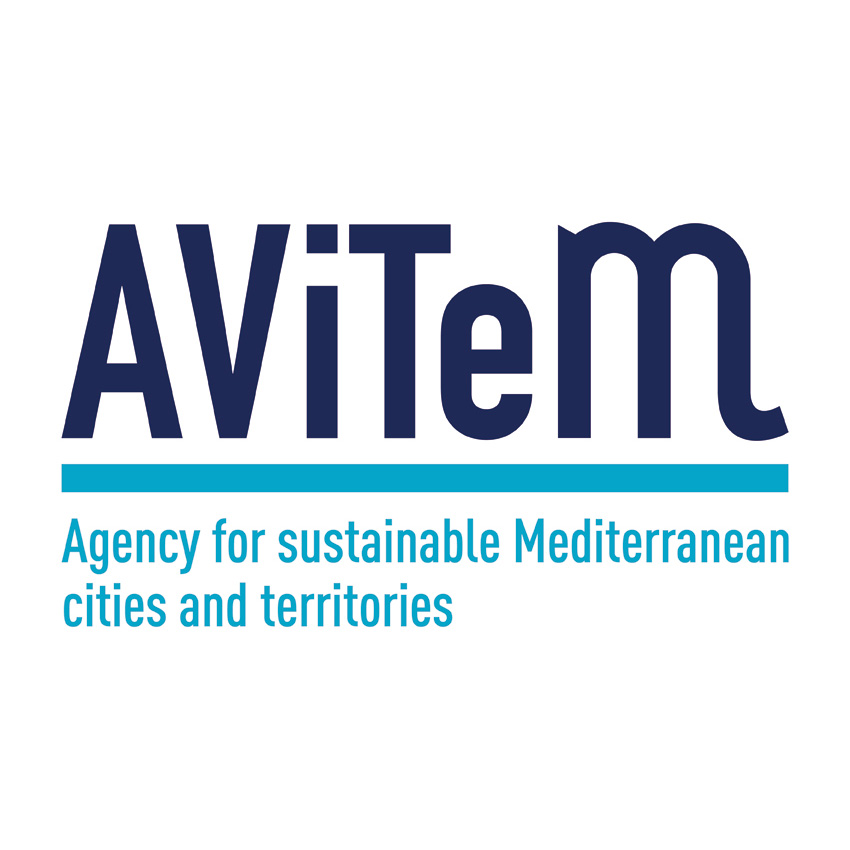
University of Applied Sciences Munich
Université des sciences appliquées de Munich (Allemagne – Site web)
Cluster of Environmental Technologies Bavaria
Cluster des technologies environnementales de Bavière (Allemagne – Site web)
